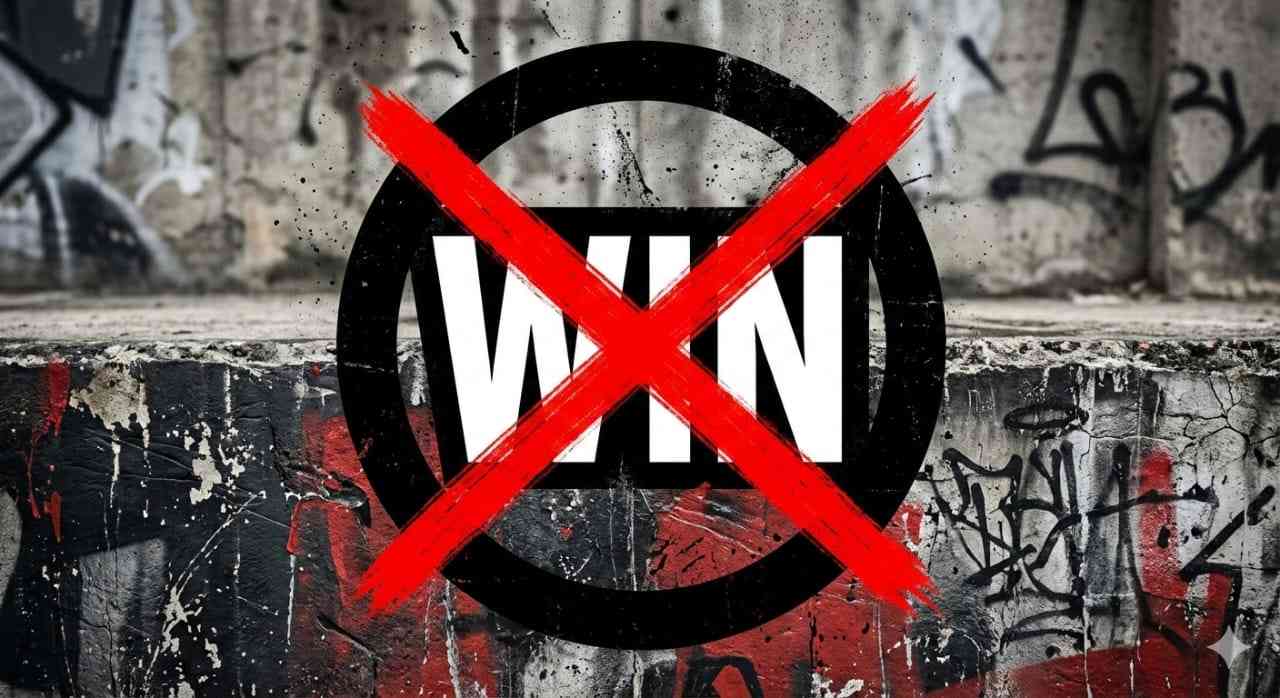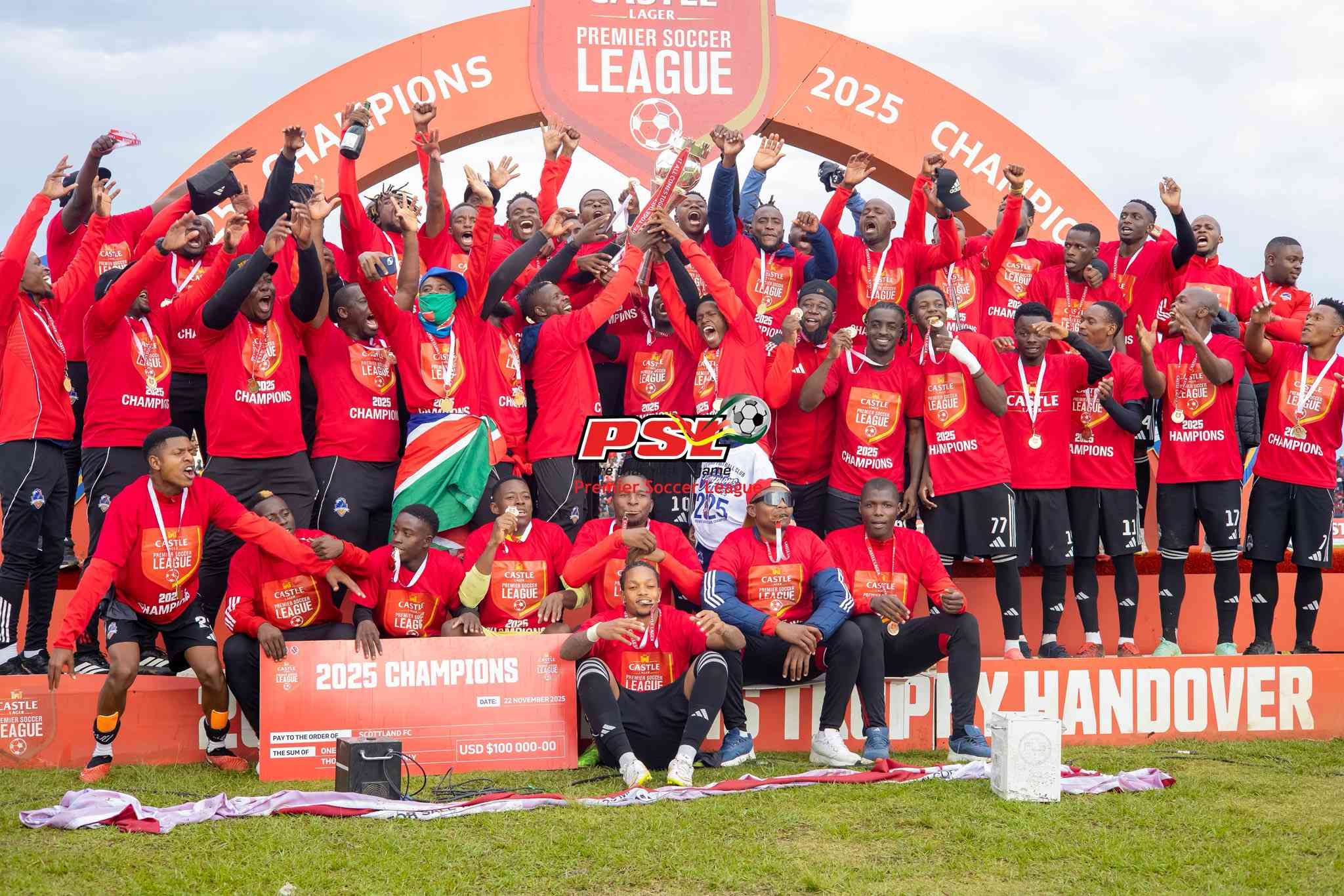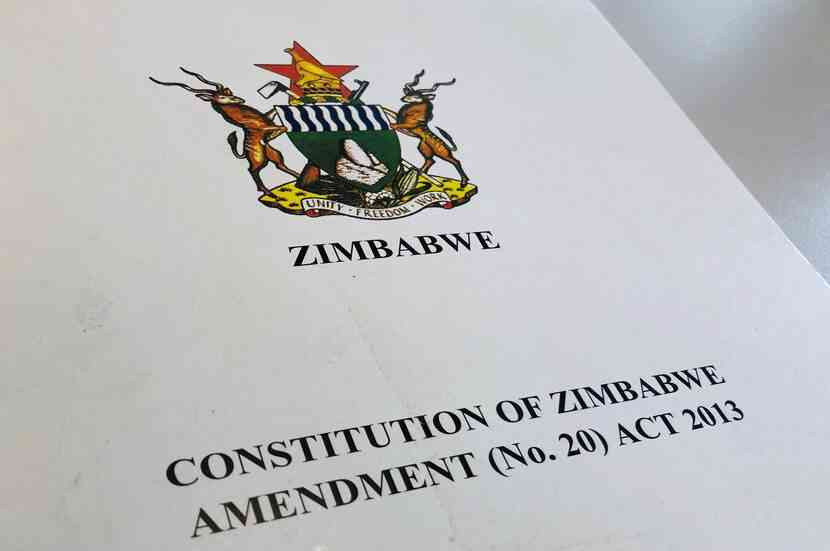
For generations, Basotho, a southern African nation founded by King Moshoeshoe I in the early 1800s, have lived by the principle of botho: a deep sense of humanity expressed through the act of uplifting others.
Whether by taking in a neighbour’s child through school, building community centres such as schools and churches together, or pooling personal savings to assist the sick or bury the dead, giving has always been woven into the nation’s moral fabric.
Long before “philanthropy” entered African development discourse, Basotho were already practising it quietly, collectively or individually, and often without any desire for recognition.
Today, that same spirit is being redefined by a new generation of philanthropists whose giving is increasingly structured, strategic, and wider in scale.
Among those defining Lesotho grown philanthropy are Sam Matekane, businessman-turned-politician, and James Motlatsi, a veteran mining executive and labour leader whose journey from Lesotho’s Mohale’s Hoek district to South Africa’s gold mines embodies the power of diaspora giving.
Together, their stories mirror the evolution of philanthropy in Lesotho from private generosity to public good.
Sam Matekane’s story
Before his political pursuits and eventual ascension to Lesotho’s highest administrative office in 2022, Matekane was already a household name, not only for his business empire, the Matekane Group of Companies (MGC), but for his visible acts of giving through the Sam Matekane Foundation (SMF).
- Barmlo boss honoured for philanthropic work
- Businessman, arts enthusiast wins big
- Barmlo boss honoured for philanthropic work
- Businessman, arts enthusiast wins big
Keep Reading
His philosophy has always been simple: a stronger nation requires shared responsibility.
Established in 2021, shortly after he personally mobilised the corporate sector to help the government procure Covid-19 vaccines, the SMF has supported national priorities ranging from education and sports to the welfare of state security forces.
In recent years, Matekane has notably provided uniforms and boots to the Lesotho Mounted Police Service, and medical equipment; including ICU beds and ambulances, to the Lesotho Defence Force worth M10m; M8m to the police, and M2m to the army in March 2022. That's about US$579,000.
Furthermore, has built a new Mantšonyane police station.
In education, the Forbes Africa awardee’s Foundation has invested in rebuilding Bocheletsane, a school he attended in his early years in Mantšonyane, Thaba-Tseka district, deep in the Lesotho highlands.
The school now boasts state-of-the-art instructional facilities and a sports arena. The Foundation also supports students at home and abroad through scholarships and digital learning programmes.
Matekane’s support for sports dates back to decades ago. His company once solely sponsored FC Likhopo, a private youth academy that rose to the ountry’s elite football league and clinched back-to-back titles in 2005 and 2006.
Building on that legacy, the SMF now organises the People’s Cup, a Lesotho Premier League tournament that draws football fans up the mountains to his Bocheletsane facility every year.
Matekane has often expressed that his early 2022 entry into politics was rooted in his philanthropic work, stating that he sought public office to “turn things around, bringing (his) business skills to the government to relaunch the economy and tackle public debt and unemployment.” Although his giving is now formalised under a foundation, his generosity predates it by decades, extending from Mantšonyane to national institutions that have benefited from his quiet and publicised interventions when government failures were glaring.
James Motlatsi’s impact from the diaspora
If Matekane represents homegrown corporate philanthropy, James Motlatsi embodies the heart of the Basotho diaspora, those who built their lives across the border but never forgot their roots.
Born in Mohale’s Hoek, Motlatsi’s rise from migrant miner to founding president of the National Union of Mineworkers (NUM) in South Africa marked a lifetime of service and advocacy.
His leadership, alongside now-President Cyril Ramaphosa, helped shape South Africa’s labour movement during the democratic transition of the 1980s and early 1990s.
Yet beyond the politics, affluence and corporate accolades, Motlatsi has always carried Lesotho in his heart.
Through his involvement in the Adopt-A-School Foundation, which he co-founded with Ramaphosa, he has supported educational initiatives both in South Africa and in his home region of Morifi, Mohale’s Hoek, where a local school received transformative infrastructure upgrades.
In 2014, he once reflected: “Helping adopt-a-school establish 177 schools for 400 000 children across South Africa, Lesotho and Mozambique, that’s my proudest achievement.
Because of that work, the Morifi village of today has a high school, electricity, clean water and a gravel road.”
By 2022, he reported that the Foundation had reached nearly 650 schools, impacting more than 1.5 million learners.
In recognition of his contributions, the National University of Lesotho conferred on him an Honorary Doctorate of Philosophy in Social Sciences, and King Letsie III awarded him the Order of Ramatseatsana.
Beyond big names: Everyday acts of botho
While figures like Matekane and Motlatsi attract attention for their scale, philanthropy in Lesotho thrives in the shadows.
In towns and villages, small business owners quietly pay school fees for neighbours’ children.
On an ongoing basis, churches and social groups run feeding schemes. Teachers share food and personal items with students in need.
Communities collectively rehabilitate roads, extend power lines at their own cost.
These unsung, undocumented acts form the backbone of Lesotho’s giving tradition. They reflect a social value system that sees individual well-being as inseparable from the overall community’s welfare.
As Lesotho’s economy and social structures evolve, so too does its culture of giving. The challenge now is not only to celebrate the spirit of botho but to make it sustainable, through structured foundations, partnerships, and data-driven interventions with measurable impact.
If philanthropy once meant giving what one could, today it means giving with purpose, aligning private generosity with public need.
From the hills of Mantšonyane to the valleys of Mohale’s Hoek and elsewhere in Lesotho, citizens continue to prove that true wealth lies not in accumulation, but in contribution.
*The African Philanthropy Network (APN) is documenting success stories of African individuals and organisations engaged in philanthropic acts to raise awareness and to motivate locally driven development.











